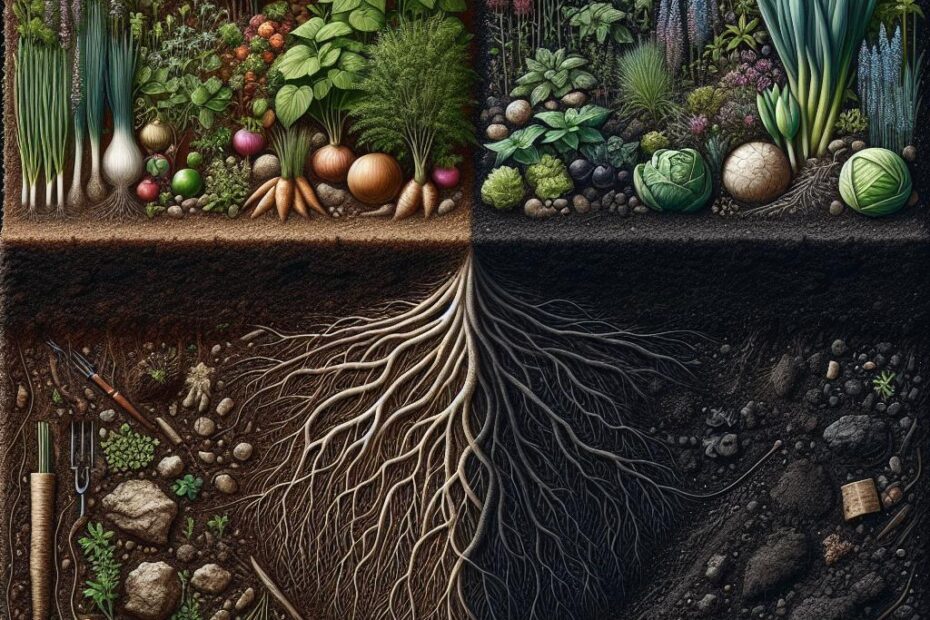Title: Raised Bed Soil vs Garden Soil: Which is Best for Your Plants?
When it comes to gardening, the type of soil you use can make all the difference in the success of your plants. Raised bed soil and garden soil are two popular options for growing plants, each with their own advantages and disadvantages. In this article, we will compare raised bed soil vs garden soil to help you decide which option is best for your gardening needs.
Introduction:
Gardening is a popular pastime that can be both rewarding and enjoyable. However, choosing the right soil for your plants is crucial for their health and growth. Raised bed soil and garden soil are two common options for gardeners, each with their own unique characteristics.
Benefits of Raised Bed Soil:
-
Improved Drainage: Raised bed soil tends to have better drainage than garden soil, as the elevated beds allow excess water to flow away more easily.
-
Warmer Soil: Raised beds can warm up more quickly in the spring, allowing you to plant earlier and extend the growing season.
-
Better Aeration: The loose, friable structure of raised bed soil allows for better aeration, which is important for healthy root growth.
Benefits of Garden Soil:
-
Nutrient-Rich: Garden soil often contains a variety of natural nutrients that are beneficial for plant growth.
-
Easy to Amend: Garden soil can be easily amended with compost, fertilizer, or other additives to improve its quality.
-
Lower Cost: Garden soil is generally less expensive than raised bed soil, making it a budget-friendly option for many gardeners.
Raised Bed Soil vs Garden Soil: A Comparison Table
| Aspect | Raised Bed Soil | Garden Soil |
|---|---|---|
| Drainage | Excellent | Good |
| Warmth | Warms up quickly | Slower to warm |
| Aeration | Excellent | Good |
| Nutrients | Variable | Rich |
| Cost | Higher | Lower |
Case Study:
Jane decided to try both raised bed soil and garden soil in her vegetable garden to see which one yielded better results. She found that the raised bed soil produced healthier plants with higher yields, but garden soil was more cost-effective. In the end, Jane decided to use a combination of both soils in her garden for optimal results.
Practical Tips:
- Consider the specific needs of your plants when choosing between raised bed soil and garden soil.
- Test the pH and nutrient levels of your soil before planting to ensure it is suitable for your plants.
- If you have limited space, raised bed soil can be a space-saving option for growing plants vertically.
Conclusion:
In conclusion, both raised bed soil and garden soil have their own unique advantages and disadvantages. Raised bed soil is great for improving drainage and aeration, while garden soil is nutrient-rich and cost-effective. Ultimately, the best choice for your garden will depend on your specific needs and preferences. Experiment with different soil types to find the one that works best for your plants and enjoy the fruits of your labor in a thriving garden.
By understanding the differences between raised bed soil and garden soil, you can make an informed decision that will benefit your plants and help you achieve a successful garden. Whether you choose raised bed soil, garden soil, or a combination of both, proper soil management is key to growing healthy, thriving plants.
